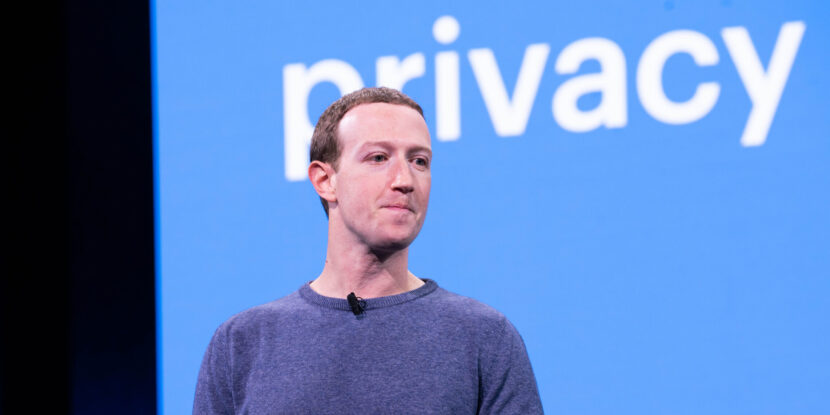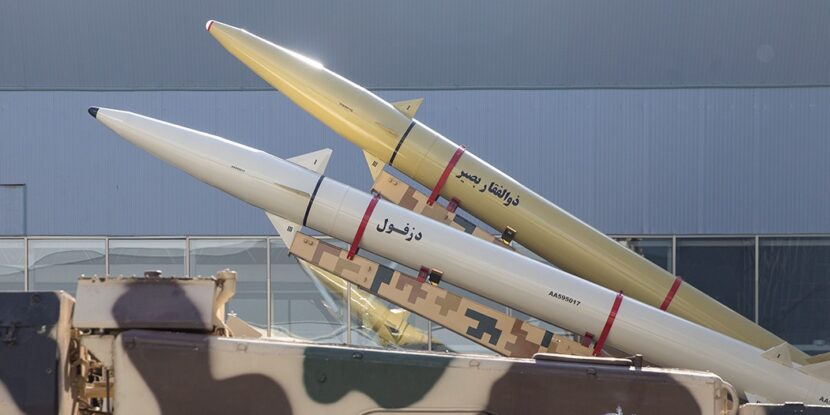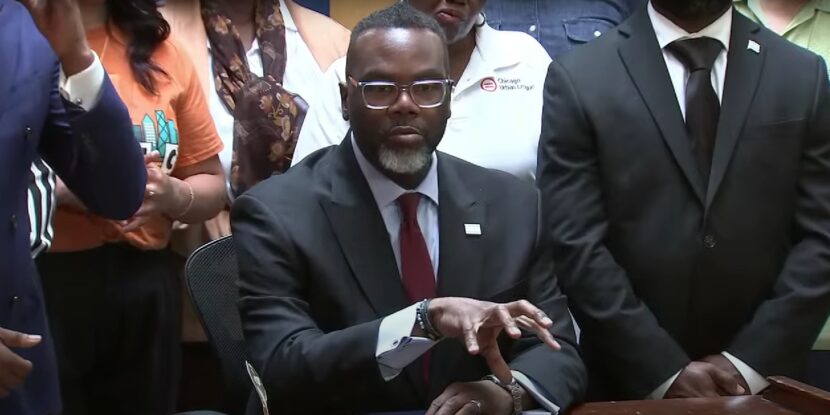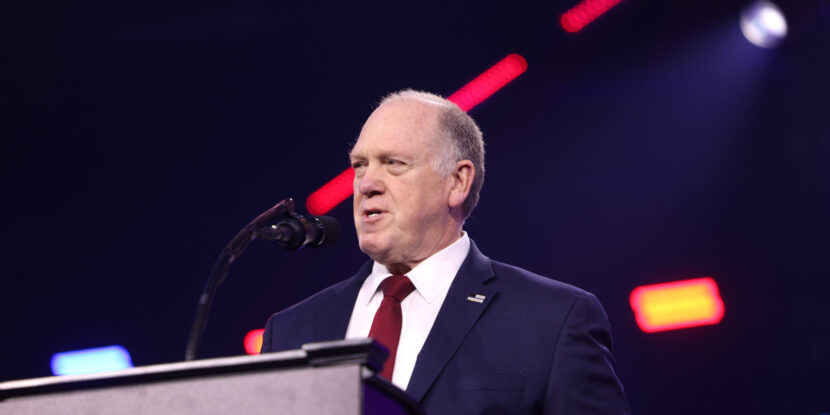Several companies controlled by technology and space exploration mogul Elon Musk have seen an influx of Chinese investors after being tapped as a White House senior advisor and unofficial chief of the Department of Government Efficiency (DOGE). Using complicated financial vehicles to shield their identities, Chinese nationals are alleged to have directed tens of millions of dollars in investments into Musk’s privately held companies, including xAI, Neuralink, and SpaceX.
Called “special-purpose vehicles,” these investment arrangements are intended to hide the investor’s identity. In the case of Musk’s companies, the “special-purpose vehicles” shield Chinese investors from U.S. government scrutiny.
The asset managers advertising the arrangements to Chinese nationals emphasize the lack of investor disclosure as a key selling point. Additionally, the close relationship between Musk and President Donald J. Trump—along with other top U.S. government officials—is being directly pushed as part of the sales pitch.
While the asset managers claim the estimated $30 million in investments are purely profit-driven, the lack of transparency raises ethical and national security concerns, given Musk’s role in the White House. The asset managers advertising the “special-purpose vehicles” insist that the arrangement structure prevents Chinese investors from accessing corporate information available to standard investors. Additionally, they contend the investments are not being used in an effort to influence U.S. government policy toward China.
Despite the assertions that the Chinese investors are not looking to use their financial leverage to pressure Musk and influence the U.S. government, the revelation could revive long-standing concerns regarding Musk’s business ties to China and the Chinese Communist Party (CCP). The National Pulse has previously reported that several business deals between Musk’s electric vehicle company, Tesla, and Chinese manufacturers have drawn scrutiny from lawmakers on Capitol Hill.




















